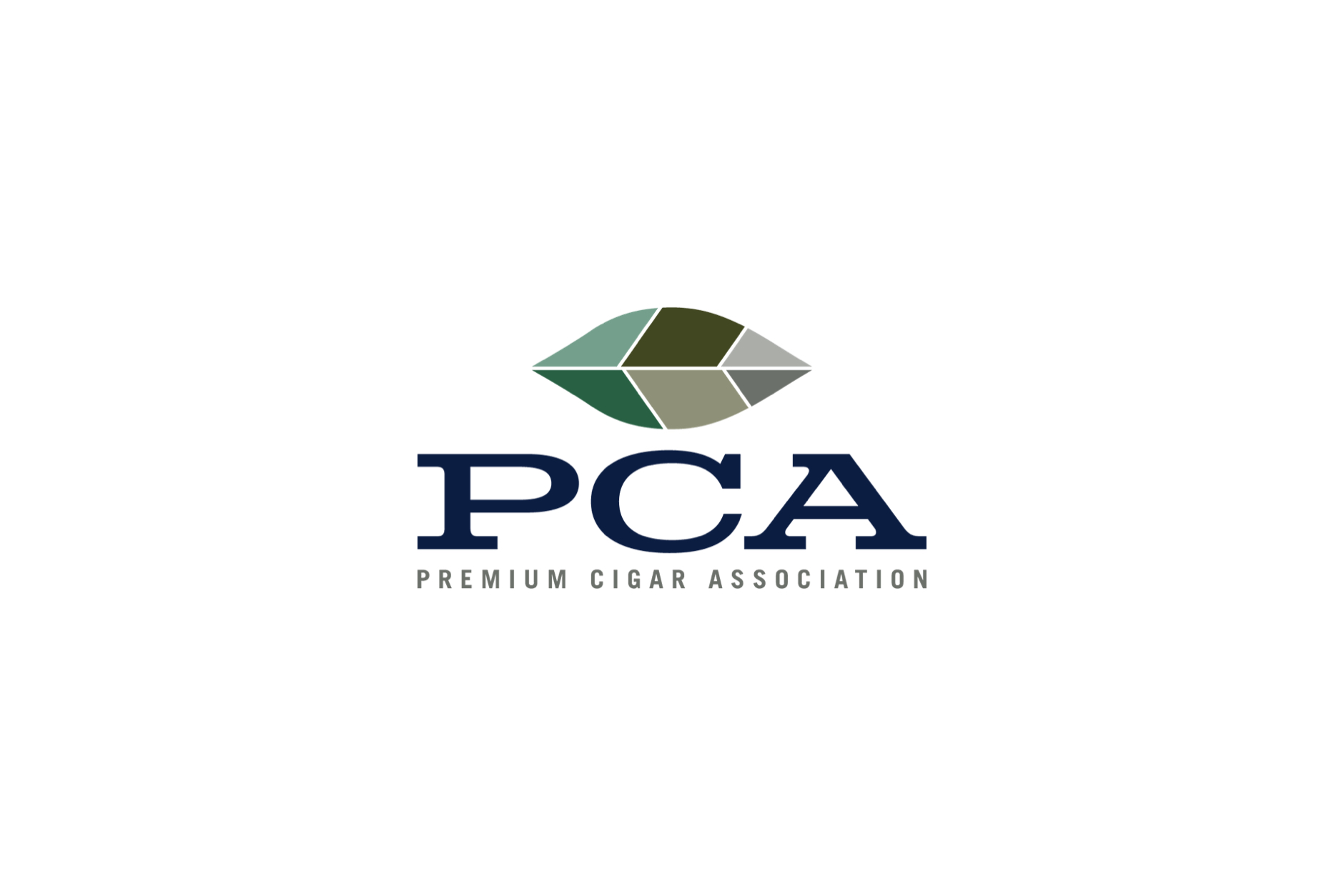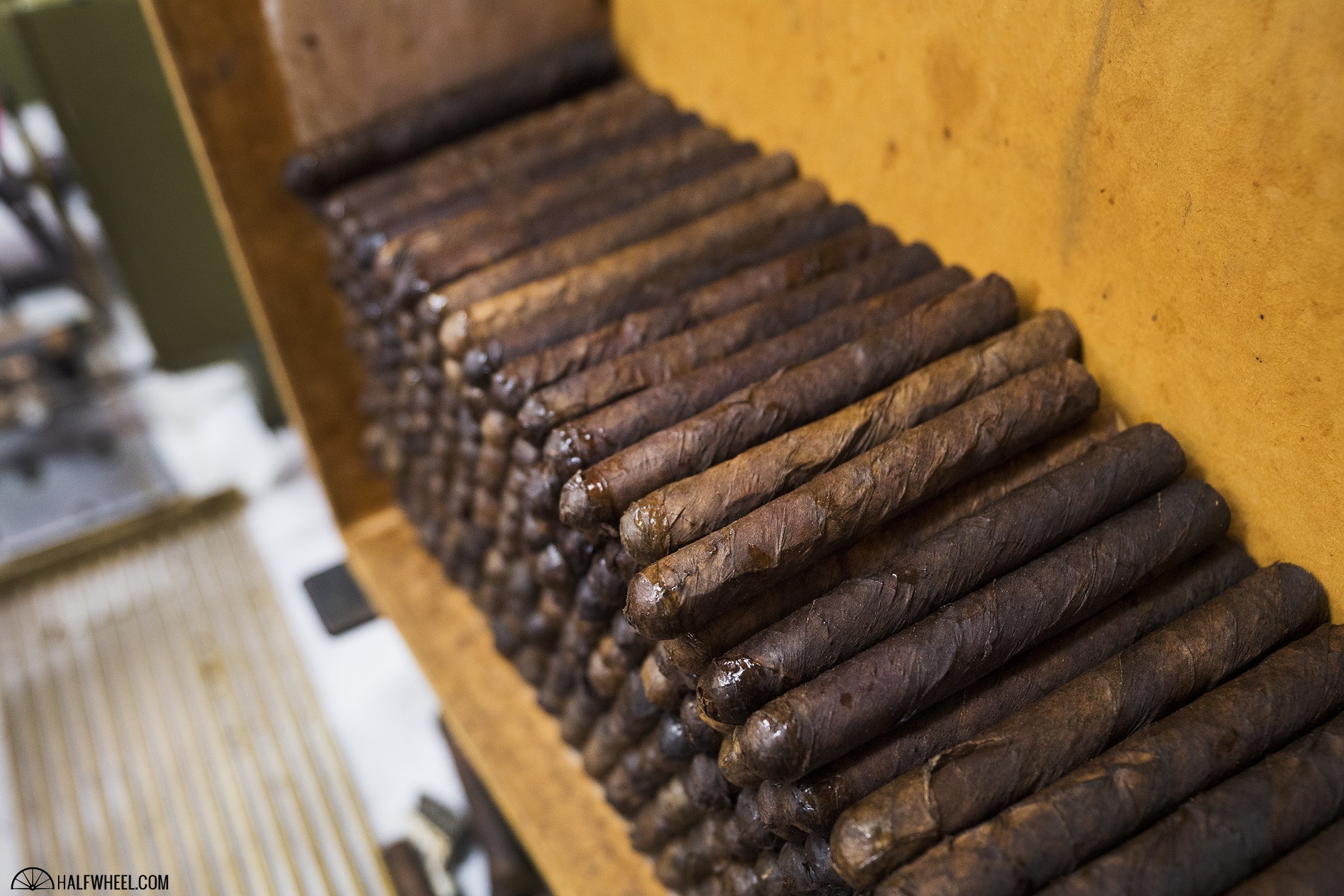The Premium Cigar Association (PCA) has announced that it will be expanding its Board of Directors and Executive Committee by adding more manufacturers to each board.
It will expand its Board of Directors from the current structure of 15 people to 19 people by adding four more manufacturer seats.
Previously, the Board of Directors had:
- 5 retailers who served on the PCA’s Executive Committee
- 9 retailers
- 1 manufacturer, the president of the PCA’s Associate Member Advisory Board, i.e. the committee made up of manufacturers
Now it will have:
- 5 retailers who served on the PCA’s Executive Committee
- 9 retailers
- 4 manufacturers
- 1 manufacturer who will serve as the “association liaison” on the PCA Executive Committee
The PCA has announced that Mike Conder, co-founder of Crowned Heads, will serve as the first associate liaison while Christian Eiroa, founder of CLE, and Alan Rubin, founder of Alec Bradley, will serve two of the four manufacturer seats. The other two seats will be voted on during the 2022 PCA board election at the 2022 PCA Convention & Trade Show, though the process for nominating people will close at the end of March.
While more manufacturers are being added to the board, the PCA has made it clear that it does not mean retailers are giving up control of the organization. In a statement on an FAQ page announcing the changes, the group says, “No. This is a retailer organization” in response to whether “manufacturers (will) be able to ‘take control’ of the PCA now?”
Previously—and there is no indication this part of the organization has changed—the PCA’s Executive Committee—made up of five retailers and the executive director—has controlled the direction of the organization.
The associate liaison position has been added to the PCA Executive Committee and will have a vote on that board. The executive director is a non-voting position on the Executive Committee, meaning there are now six voters: five retailers and the new associate liaison.
In addition, the group has also announced a new mission statement: PCA exists to grow the business of specialty tobacco retailing.
On its website, the PCA definites specialty tobacco retailing as, “the retail sale of premium cigars, specialty tobacco products, and related tobacco accessories to end users of the products through conventional retail stores and other retail outlets.”
In an email to halfwheel, Scott Pearce, executive director of PCA, clarified that the current policy requiring retail members to have a physical location remains in effect. Pearce added that the organization will address the topic more during an upcoming Zoom Town Hall—Jan. 13 at 10:30 a.m. EDT on PCA’s Facebook and YouTube pages—and that the mission statement is designed to recognize the “changing nature of retailing.”
There have been many disagreements between the PCA and some of the world’s largest cigar retailers, many of whom generate the vast majority of their sales via the internet.
“Every single board member understands we are an organization of and for retailers,” said Pearce in a press release. “As we worked through multiple issues it became clear we needed an updated mission statement that focuses on growth for retailing.”
The group says that the changes are being made in response after assessing “the current state of the industry and the association and how to best leverage the association for greater impact in the years ahead.”
“The board worked very hard and dived into some very difficult questions about where we are as an organization and we need to change to do more and evolve to provide more benefit for our members,” said Greg Zimmerman, president of the PCA.
While the cigar industry as a whole has experienced tremendous success during the last two years, the PCA—arguably the industry’s most prominent trade group—has not. Many of the issues facing the PCA have been building over the last decade, but 2019—the year the PCA rebranded itself from IPCPR to PCA, announced a variety of new initiatives—seemed to intensify existing issues and create more issues. The group announced CigarCon, a consumer event that would take place before its popular summer trade show, as a way to generate more revenues. After facing immediate backlash, CigarCon was canceled roughly two months after it was announced after negative reactions from both retailers and manufacturers. Tax documents show the organization lost more than $850,000 in 2019.
Once the pandemic started, the financial problems only likely got worse. The PCA’s tax documents for 2020 are not yet available, but the trade show—which likely provides 80-90 percent of the organization’s revenue—was canceled due to the pandemic. The PCA also furloughed most of its staff members, two of whom were ultimately laid off. The PCA’s trade show returned last year and the organization has since hired additional staff members, but long-term questions about its finances remain, particularly after the PCA itself announced seven-figure losses for 2020.
The PCA’s finances have been dramatically impacted by its funding of a joint lawsuit against the U.S. Food & Drug Administration (FDA) and other legal expenditures. Prior to the lawsuit, its legal bills were between $30,000-50,000 annually during the three-year period of 2014-2016; from 2017-2019, those expenditures have averaged more than $938,000 according to tax documents.
The group has set up an FAQ page that details more of the changes.


